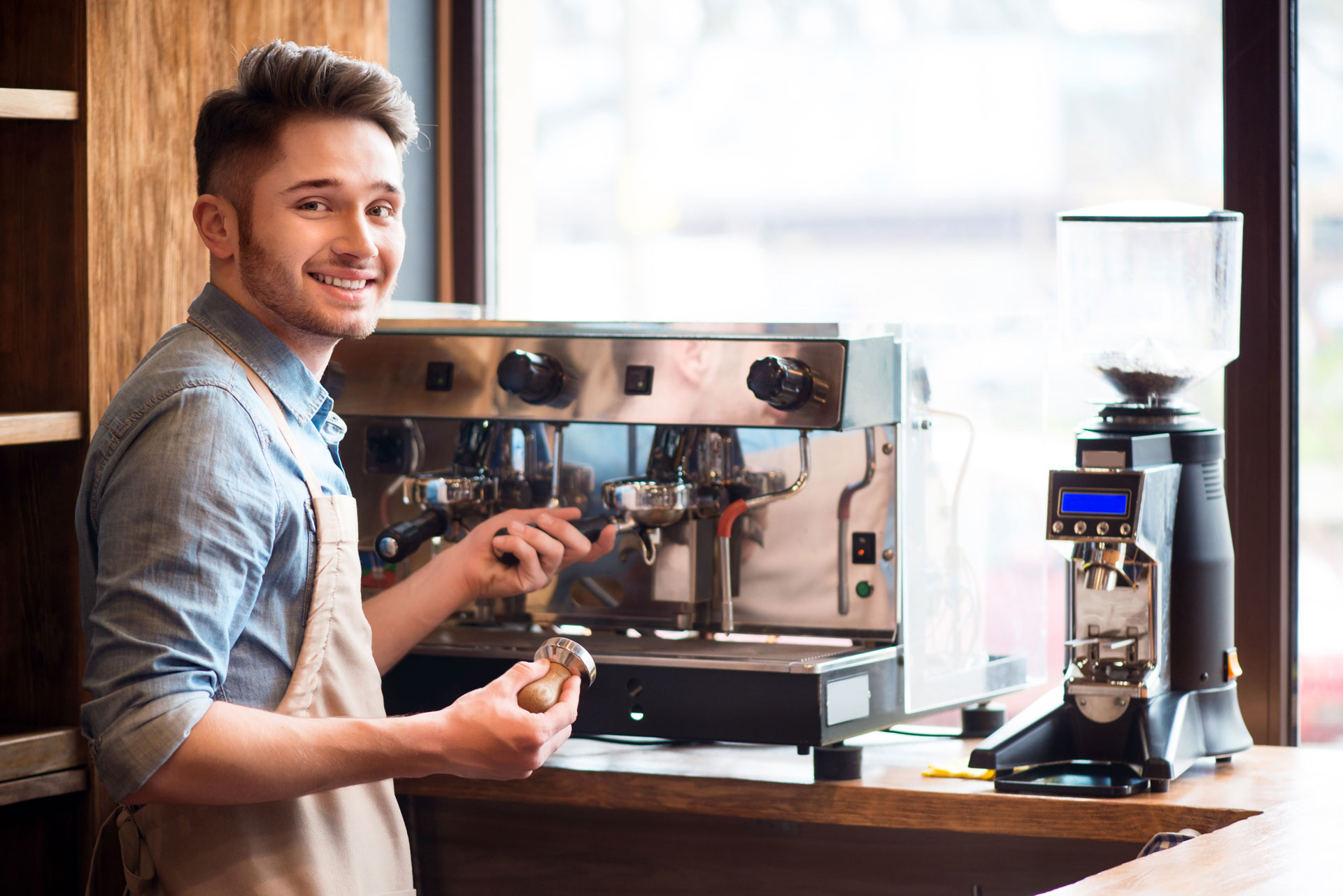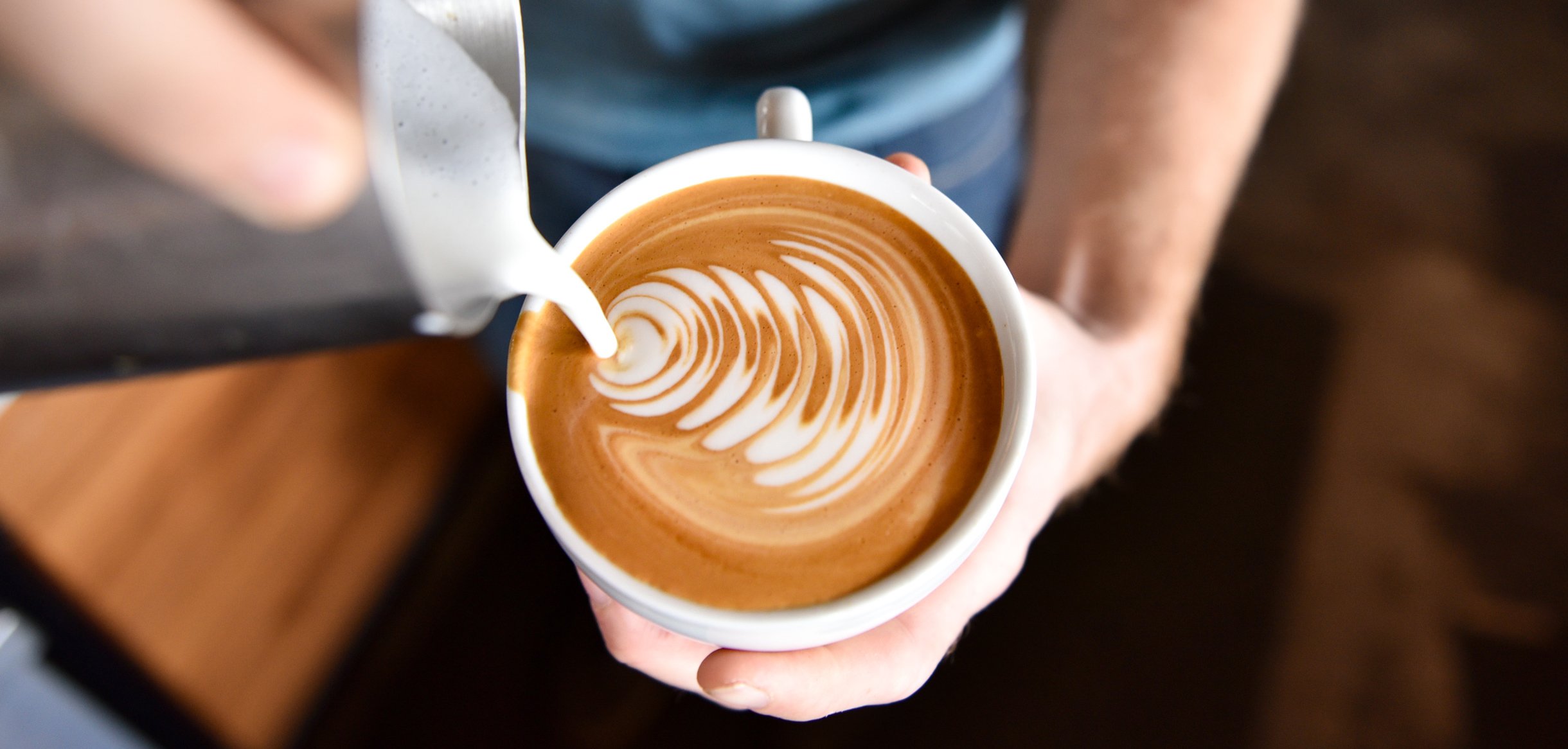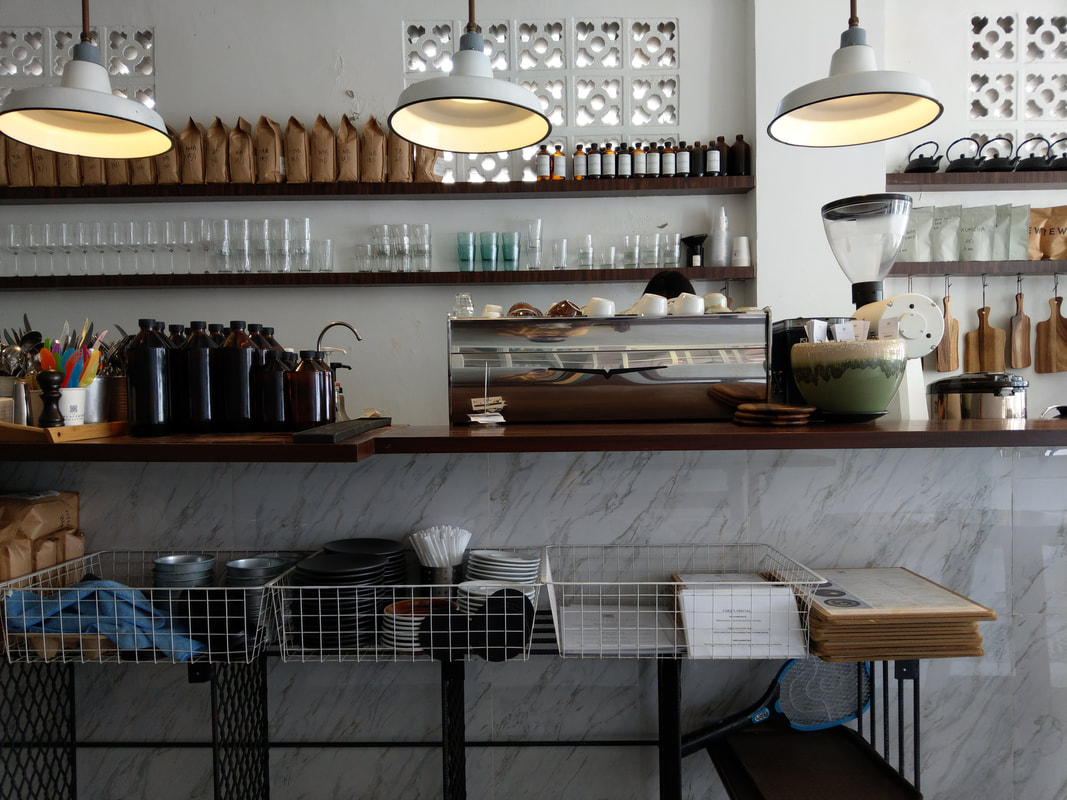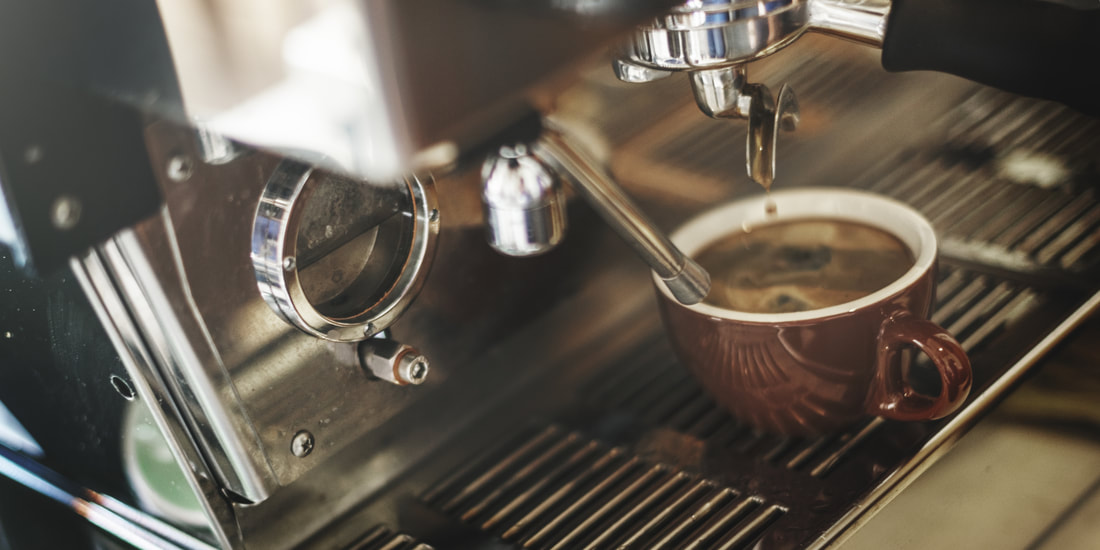Awkward boutique cafe: how to open a coffee shop? is it difficult to open a coffee shop?
Professional coffee knowledge exchange more coffee bean information please follow the coffee workshop (Wechat official account cafe_style)
Friends who are poisoned by coffee usually have this idea: open a coffee shop. Imagine yourself standing behind the bar, attentively explaining to the customer the source, production process, and flavor of each cup of coffee, and then watching the customer's satisfied expression after taking a sip of coffee, feeling that this is the ideal job.

The editor has met many owners of boutique cafes, who often go from part-time work in cafes to full-time people in the coffee industry, constantly absorbing coffee knowledge, touching the pulse of the market, and then successfully entering the pit of "opening a shop." Unfortunately, the ideal is very plump, the reality is very bony. After a period of touching and rolling, they all complained to the editor: I just want to open a coffee shop. Why is it so difficult?
Yes, why is it so difficult to open a cafe with no dessert, no beer and fried chicken?
1. The market doesn't need so many boutique cafes.
Today's cafes focus on a variety of selling points, such as desserts, staples, IP themes, but rarely coffee. Why? Because most of the coffee makers can't make it. It's closed. The first thing customers ask for when going to a cafe is a comfortable environment, where they can sit down and chat or read books and listen to music, followed by food. Only a very small number of people go to the cafe for a cup of coffee (with the exception of Xingke).
In fact, many cafes have a lofty ideal at the beginning to spread the knowledge of fine coffee, but the reality is:
Customers don't care where your coffee comes from, whether the extraction rate meets the gold cup standard, and whether the flavor is sour or dark chocolate. They think that 25 yuan for a cup of latte is still too expensive, not in line with their perceived value, but they are not lenient in buying Starbucks.
In order to transform, many cafes can only start to focus on food, and at this time the lifeblood of the cafe depends on the chef. If the chef is good at kung fu, the cafe can be transformed successfully; if the chef has only half a bucket of water, the days of the cafe are numbered.

How many coffee shops can stand the test of reality?
There is a newly opened cafe in my hometown. The owner and the landlady are young people full of dreams. They want to promote the boutique coffee atmosphere in this small town. The editor visited several times, the coffee was good, and occasionally I heard some customers say, "is that all you have on the menu?" When I went back to visit two months ago, I found that the menu had changed and there were more staple foods to choose from. on the contrary, the price of coffee was reduced. The boss just said helplessly that there was nothing he could do about it, and the locals still couldn't accept the coffee at this price.
Another example is that the boss insists on doing what he likes, selling only individual items of hand-brewed coffee, not even espresso. But in order to make ends meet, each cup of coffee is much more expensive than the one outside (a cup of ice drops costs hundreds of yuan, which is no joke), and now it has shrunk from three branches to one left. Right? the ideal is lofty, but the reality is crueler.
Stay in the green mountains, not afraid of firewood, as long as the business is preserved, there must be an opportunity to promote the concept of boutique coffee. It would be nice to change from a coffee shop to a curry restaurant selling coffee as shown in the following film.
two。 The status symbol and status of baristas
Many of their peers fantasize about baristas who are handsome / beautiful professionals, showing enthusiasm for what is in the cup. The professional title "Barista" is full of exoticism, and even has a unique literary and artistic nature of a small circle. After working in several cafes, most people will have a different view of this career, which was originally meant to be a bartender.
As mentioned above, if most cafes want to survive, they have to transform and focus on things other than coffee. For bosses, the first thing they pay attention to is design, and then the food is good. As for coffee, just find someone who knows how to make it. Most customers don't know and don't want to know whether the extraction is uniform or not. since the customer doesn't care, why does the boss care? The person who understands the coffee making process is not necessarily a professional barista, he or she can be a floor attendant who can jump into the bar and become a "barista" as long as he or she knows how to operate the machine.
To put it bluntly, working in this environment, the so-called "barista" is more like a coffee machine operator.

The baristas you see are definitely more than just making coffee.
On the contrary, because people in the catering industry are very mobile and sometimes difficult to hire, baristas can not just stand behind the bar and focus on making drinks, but also have to order, collect money, clean the table, and sometimes go into the kitchen to help. This is not a good thing or a bad thing, but as a result of reality, not many cafes can afford baristas who only make coffee.
In many coffee shops where coffee is not the main product, it is sometimes possible for anyone to make coffee, and coffee brewing parameters are not regularly calibrated. It is not that baristas are lazy and unprofessional, but as bosses, they tend to attach more importance to "attrition", "profit", "efficiency" and so on than "quality", especially products that are not mainly sold. As long as Italian concentration is not "too bad to taste", anyway, milk and sugar can not make much difference, why bother so much? This situation should be quite touching to many working baristas, especially those who know more about coffee than their owners.

Baristas care about the source of beans, extraction rate, extraction time, extraction quantity and flavor, while bosses and customers may not.
People who have taken professional courses and are determined to be professional baristas must be psychologically prepared to overkill them. At present, the domestic boutique coffee market is not mature enough. After learning the knowledge of cup testing, hand brewing and espresso extraction, don't think that you will be able to share it with every customer from now on. At most, you can only warm yourself around the stove with your peers.
This view may be pessimistic, but this is what can be seen at home. As for the prospect of China's boutique coffee market, we are optimistic that it will continue to grow slowly. Perhaps what we lack is innovation that resonates with local culture. Of course, this topic will be discussed next time.
END
Important Notice :
前街咖啡 FrontStreet Coffee has moved to new addredd:
FrontStreet Coffee Address: 315,Donghua East Road,GuangZhou
Tel:020 38364473
- Prev

Red Cherry Project, Red Cherry Project
Speaking of the Red Cherry Project, many friends are no stranger to this name. So what kind of project is the Red Cherry Project? Maybe only a few people can tell. Ethiopia, which is known as the birthplace of coffee, has a large area of fine traditional coffee trees. We know that Ethiopia is not a developed country with rich people's income.
- Next

123456UIi
Related
- What documents do you need to go through to open a coffee shop? coffee shop coffee shop certificate processing process
- How to purchase Coffee beans in small Cafe how to choose a suitable supplier for domestic Coffee supply Company
- How to drink Starbucks Fragrance White Coffee? how to make Australian White Coffee? what Italian coffee beans are recommended?
- The Story of Flora Coffee: the name of Flora Coffee Bean and the implication of the Flowers on Florna Coffee
- How much does a cup of coffee cost? How much is the profit of a cup of coffee? What is the profit of the coffee shop in a year?
- Yunnan small Coffee, known as "fragrant Coffee", introduces the characteristics of Alpine Arabica Coffee producing areas in Yunnan, China
- 2023 latest Starbucks full menu price list how much is a cup of Starbucks coffee what is better to drink the most popular hot and cold drinks recommended
- Starbucks different kinds of Coffee Price list Starbucks menu 2023 Top Ten Best drinks in Starbucks
- Starbucks Spring praise Comprehensive matching Coffee Bean theme Story Packaging implication and taste description
- The cost of a cup of coffee latte American coffee cost price and selling price

